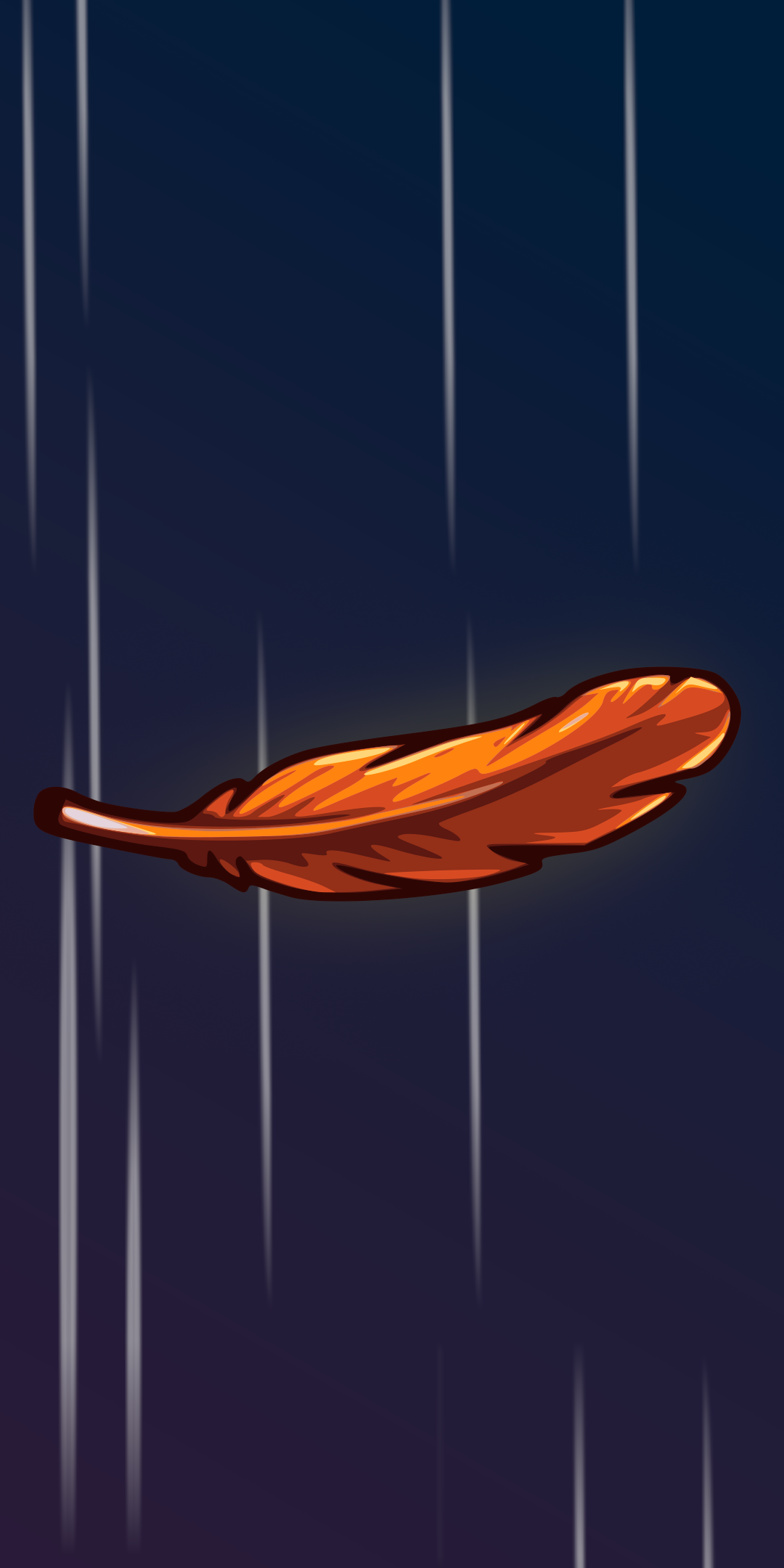Here are two blog posts in response to a video and it’s all about the old discussion if systems matter.
Here the question is slightly different: How do systems matter?
If an RPG system puts a great focus on combat (like 5e), does that make the game focus on combat? Alternatively, does it relieve the GM from combat simulation and instead let’s them focus on other aspects (roleplaying, drama, improv, story, exploration, etc)?
I would say that, if a system focuses on combat, it will contain combat. It doesn’t have to focus on it, but it does have to contain it, or you’ve wasted most of the system.
I would not argue that it relieves the GM from combat simulation. The GM still has to think through how the enemies would act, and how the current environment would work in the system presented. The presence or absense of combat mechanics does not permit or dissuade focus on narrative elements.
D&D has really limited our ideas of what an RPG can be. If a fight breaks out, you need to roll initiative, right? An adventure will contain combat, so you need a system in place to deal with it, right?
I recently bought a game called Golden Sky Stories where it dedicates only a paragraph to combat. You make an Animal test, then take a reputation penalty for being violent. That’s it. You don’t need to simulate it any more than you need to simulate cooking.
(Sidenote: Can someone make a cooking-focused RPG? It could be pretty interesting.)
This is why I love more abstract systems like Fate Core or Cortex Prime. They’ve got systems flexible enough to be turned into really anything you want. I ran a Fate Core game for a year that had tons of cooking and feasts, modeled off of the Redwall books. The heros were always preparing some feast or finding some new food to forage.
The discussion around the “Fruitful Void” and Brennan’s initial comment made me think specifically of this story from Chocolate Hammer where a highly-random, highly-lethal small-scale cowboy wargame ended up being an extremely fertile ground for interesting stories despite having no narrative mechanics of any kind.
A system specifically focused entirely on combat gave the GM room to weave a vast web of intrigue and personality based on how everyone knowing the power of violence in the system and trying to avoid getting near it while using it to threaten everyone else.
Wow, awesome story!
It seems the GM brought a lot to the setting (“I already knew quite a bit about [Tombstone, Arizona]”), so most people would not be able to create such an experience with just the game document.
I looked up the rules. According to my understanding, here is roughly what happens in a pistol duel:
There are three checks, quite similar to D&D. Who goes first (initiative), hit determination, and wounds. I can see the shared heritage.
For each of these, you have a base number from your stats. Then various modifiers are applied depending on range, movement of shooter, movement of target, wounds, weapon type, and more (e.g. hipshooting is +5 for first shot but -10 for hitting). Collecting and adding all the modifiers is what makes it complicated.
Initiative does not require a roll. Hit determination takes one percentage die roll (d100). The wound takes two d100. Example from the rules: “A first roll of 49 would indicate a wound in the left shoulder, and a second roll of 72 would mean that the wound there was a serious one.” A serious wound means -7 to your strength attribute and shows up in later bonus calculations.
Such a serious wound will take seven weeks to heal assuming proper medical treatment.
Fun fact: The rules contain more than five pages of stats for historical figures like Billy the Kid. :)
I’m not sure I understand your question.
System matters in that it frames what’s possible within its rules. Since it’s all just made up we can always ignore the rules, but that way lies calvinball and the ship of theseus.
In Fate, players can declare a story detail. They can say “it would be super cool if this library had a whole section dedicated to vampires.” Spend the fate point, and now it’s true.
DND just doesn’t have a concept of that. The idea that players can zoom out and influence anything outside their specific character is largely alien to it.
Like, you could let players make narrative suggestions in DND, but that’s not really something the system is doing.
If a system’s rules are mostly for combat, and making a character mostly revolved around combat, then the reason people play it is probably for combat.
The idea of “the fruitful void” does exist, but I feel it exists more for systems that have fewer rules overall, or systems that are “loose” with all aspects, not games that have hundreds of rules in one area, and ignore the others. Games like Cities Without Number (which is am disappointed that the group Worlds Beyond Number isn’t using Worlds Without Number) have been great for getting players to think more about non-combat actions.
Choose a skill, choose an attribute, explain why those two, and roll if the GM agrees. Simple, leaves room for creativity, let’s players use their characters in interesting ways that still make sense.
Charisma and stealth because your character is “acting like they belong”? Go ahead, it makes sense. It also might have a different effect than another character trying Dexterity+Stealth.Really neat perspective that I never considered before.



